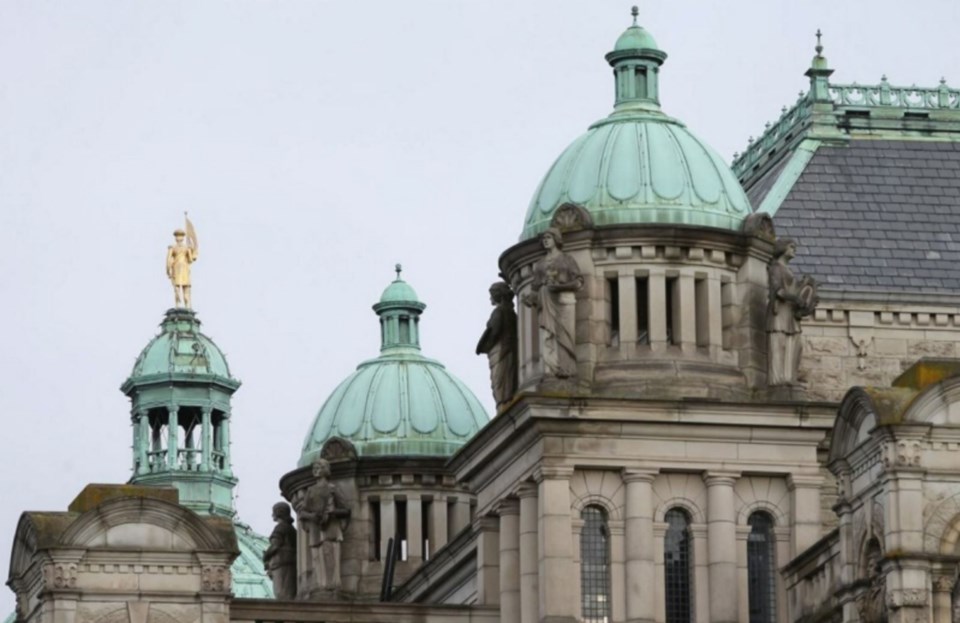B.C. finance minister Carole James has been extremely vocal over the past week, since announcing the 2019 B.C. Budget, about how the current housing market slowdown is a sign that the province’s tough housing taxation measures are “seeing results.”
James said on Budget day, “I’m feeling cautiously optimistic about the direction we’re taking so far … And I want us to see that continue.” She added that “there’s more work to be done,” and that “while B.C. is “starting to see moderation in the market, I don’t think we are at a stage where we can say that housing is affordable.”
All this sounds very much like James is rooting for a deeper price correction, doesn’t it? Never mind Property Transfer Tax revenues plummeting this year – the B.C. government clearly believes it’s more important that home prices drop, so that more people can afford to get into homeownership. Right?
Well, maybe. But there’s evidence to the contrary.
First, James also said on Budget day, “I don’t believe we’re going to see a crash in the housing market.”
Okay. So she wants home prices to fall further… but only a little bit? How is that going to move the dial on affordability? (Answer: it isn’t.)
Further, although provincial documentation shows that the province is expecting a $400 million shortfall in its forecast Property Transfer Tax revenues for 2018/19, the total revenues from B.C. residential taxes are in fact forecast to increase over the following three years. They are expected to rise from $951 million in 2019/20 to $1.146 billion in 2019/20, $1.183 billion in 2020/21, and $1.219 billion in 2021/22.
Evidently, the B.C. government (like the B.C. Real Estate Association) is betting on a market recovery – if not this year, then from 2020 through 2022. Indeed, with no new taxation measures announced in the 2019 Budget, the NDP’s lavish spending promises are probably, at least partly, banking on it.
It seems to me that James is giving British Columbians the “we’re for housing affordability” message that they want to hear, while at the same time hoping for a robust real estate market to help swell the provincial coffers.
Housing starts decline
The predicted decline in housing starts, and corresponding concerns over supply, could well play into this scenario. The 2019 Budget forecast a drop in housing starts of up to 30 per cent across B.C. over the next three years. If this comes to pass, and housing demand starts to outweigh supply once more, we could see a return of the FOMO factor that drove up home sales and prices between 2015 and 2017.
Cameron Muir, chief economist at the BC Real Estate Association, said last week of the predicted construction decline, “That is exactly the wrong thing you need in order to keep housing affordable.”
Of course, whether increasing housing supply is the right thing to do is always a much-debated topic, and one I won't get into here.
But if you think that the NDP government is on the side of drastically bringing down home prices, I advise you to think twice.



